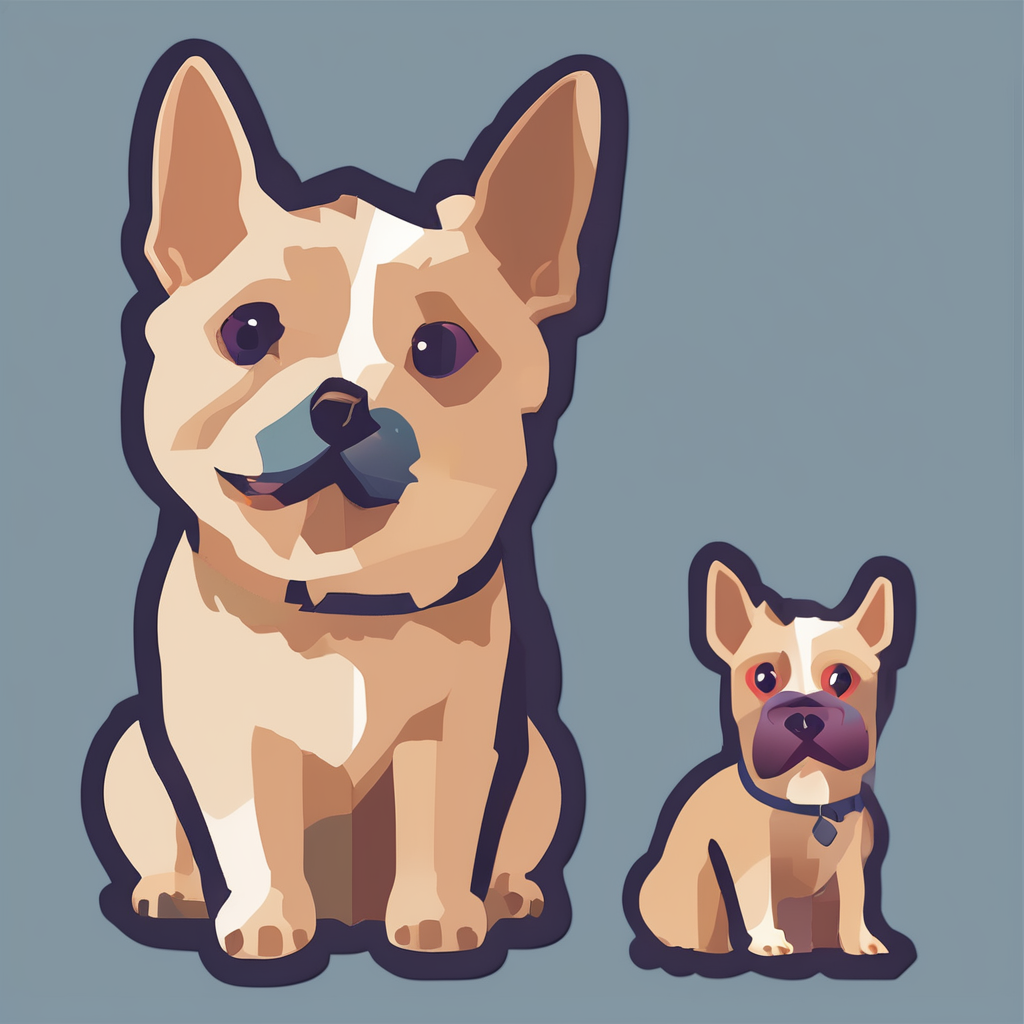Essential daily care routines for skunk well-being
Caring for a pet skunk involves dedicated daily care for pet skunks to ensure their health and happiness. One of the most important aspects is establishing a consistent feeding schedule. Skunks require a balanced diet rich in protein, fruits, and vegetables. Feeding them at the same times every day supports digestion and contributes to skunk well-being.
Equally vital are hygiene routines. Skunks need regular cleaning of their living environment to prevent odors and infections. Daily maintenance includes removing waste and soiled bedding. This not only promotes good health but also makes your pet skunk’s habitat more comfortable.
This might interest you : What are the key factors in setting up a habitat for pet sugar gliders?
Closely observing pet skunk routines for any behavioural changes is critical. Skunks usually have distinct activity patterns, and deviations might signal illness or distress. Early recognition of symptoms such as lethargy or changes in appetite allows for prompt veterinary attention, ensuring lasting skunk well-being.
By integrating these skunk well-being tips—consistent feeding, hygiene schedules, and behaviour monitoring—you create a care routine that supports the vitality and happiness of your pet skunk every day.
Also read : How Can Alternative Pets Revolutionize British Households?
Nutrition and dietary needs of pet skunks
Understanding your pet skunk diet is crucial for their health and longevity. Skunks require a balanced mix of protein, fruits, and vegetables to mimic their natural diet, supporting their unique dietary needs. A well-rounded skunk nutrition plan often includes lean meats, eggs, and insects, complemented by fresh fruits like berries and vegetables such as peas and corn.
Knowing what to feed pet skunks means avoiding harmful foods. Chocolate, caffeinated items, and high-sugar treats should never be given as they can cause serious health issues. Instead, safe treat options include mealworms or small portions of cooked chicken, which are both nutritious and enjoyable for skunks.
Feeding your pet skunk on a consistent schedule supports their metabolism. Aim for two meals a day with portion sizes adjusted to their age and activity level. Overfeeding can lead to obesity, a common concern in pet skunks, so watch portions carefully. This combination of balanced diet, safe treats, and proper feeding frequency ensures optimal pet skunk diet and overall wellness.
Housing and environment requirements
Crafting the perfect sanctuary for your pet skunk
Building a proper pet skunk housing is vital for the health and happiness of your skunk. Their skunk habitat should mimic natural conditions, providing both comfort and stimulation. A spacious enclosure with secure locks ensures a safe skunk environment, preventing escapes and protecting your pet from household hazards.
Skunks need a cozy den area where they can retreat, sleep, and feel secure. Incorporate tunnels, hideouts, and soft bedding to replicate their instinctual burrows. The living space should be enriched with toys and climbing structures to keep them engaged and active.
Temperature control is crucial; skunks thrive between 65°F and 80°F. Use heating pads or lamps during colder months but avoid overheating. Proper lighting that mimics natural day-night cycles aids in regulating their behavior and wellbeing.
Skunk-proof your home by sealing small openings and removing toxic plants or substances. Remember, a safe skunk environment reduces stress and encourages natural behaviors, making your pet skunk feel truly at home.
Socialization and behavioral enrichment for skunks
Understanding social needs enhances well-being.
Pet skunk socialization is crucial for fostering a trusting and calm relationship. Skunks thrive on positive human interaction, which helps reduce stress and encourages gentle behavior. Consistent, patient handling from a young age supports skunk behavior management by preventing aggression and fear responses.
Providing a variety of skunk enrichment items is essential to keep their minds sharp and bodies active. Toys that challenge their problem-solving skills, such as puzzles and treat-dispensing devices, simulate natural foraging behaviors. Allowing exploration time in a safe, supervised environment satisfies curiosity and helps reduce boredom, a common cause of destructive behaviors like chewing or digging.
To prevent skunk boredom and destructive behaviors, rotate toys regularly to maintain novelty and introduce new scents or textures. Engaging with your skunk during playtime also reinforces social bonds and redirects energy positively. A well-enriched environment combined with thoughtful socialization techniques promotes balanced mental and emotional health, making a pet skunk a more content and manageable companion.
Veterinary care, health monitoring, and common issues
Regular skunk vet visits are essential for maintaining your pet skunk’s health. Scheduling check-ups at least once or twice a year helps catch potential problems early. During these visits, veterinarians perform thorough exams, update vaccinations, and provide preventive care tailored for skunks. Keeping track of vaccination schedules protects your pet from common diseases.
Recognizing skunk illness signs is crucial. Common issues include respiratory infections, skin problems, and digestive disturbances. Watch for symptoms such as sneezing, coughing, loss of appetite, lethargy, or unusual discharge. These signs warrant immediate veterinary attention.
Your pet skunk may show subtle signs of stress or pain. Behavioral changes like excessive scratching, hiding, or aggression suggest discomfort. Early identification of stress triggers and illness is key to effective treatment. Consistent health monitoring at home, combined with professional veterinary care, ensures your skunk remains healthy and happy.
Safety, legal considerations, and scent gland management
When keeping a skunk as a pet, skunk safety is paramount. Many regions have strict legal requirements for skunks, which often include obtaining permits or licenses. Before bringing a skunk home, it’s essential to check your local regulations, as some areas prohibit pet skunks altogether due to concerns about wildlife and disease control. Ignoring these rules can lead to fines or confiscation.
Another critical aspect is skunk scent gland care. Some owners choose to have the scent glands surgically removed to prevent the infamous spray, but this procedure has risks. Gland removal can cause complications such as infections or changes in natural behavior. On the other hand, if left intact, managing the scent with training and deterrents requires patience and commitment.
Protecting your skunk from household hazards also falls under skunk safety. Skunks are curious creatures and may ingest toxic substances or get injured by appliances. Ensuring your home is skunk-proofed and removing harmful cleaning chemicals or small ingestible objects helps keep your skunk safe and healthy.
Resources for further information and support
If you are a new or experienced skunk owner, accessing reliable skunk care resources is essential for your pet’s well-being. Reputable organisations dedicated to skunk care provide valuable guidance on diet, habitat, and health needs. These groups often offer workshops, expert advice, and up-to-date literature to help you better understand your skunk.
Joining skunk owner support communities, both online and offline, connects you with fellow enthusiasts who share experiences and solutions. These forums serve as practical information hubs where you can ask questions ranging from behavioral challenges to emergency care. Engaging with such communities enhances your ability to provide attentive and knowledgeable care.
For those seeking in-depth learning, pet skunk education materials such as books and veterinary contacts are indispensable. Professional support from veterinarians experienced with skunks ensures your pet receives appropriate medical attention. Recommended reading lists are curated by experts and cover topics from skunk anatomy to enrichment strategies.
Collectively, skunk care resources, skunk owner support, and pet skunk education form a robust foundation that empowers you to offer the best possible environment for your pet skunk.






